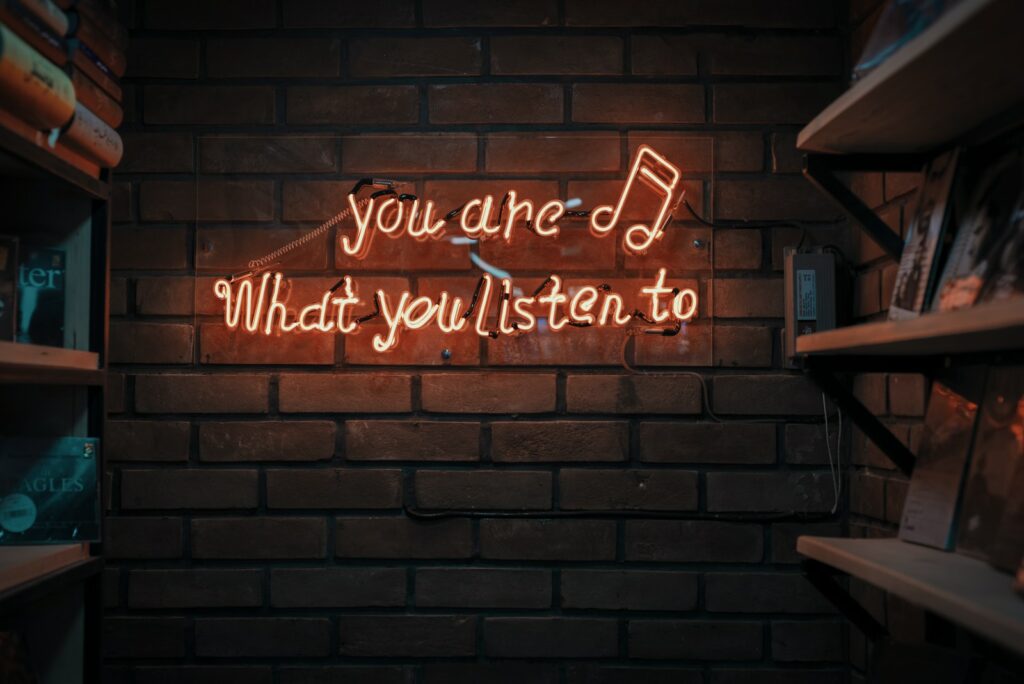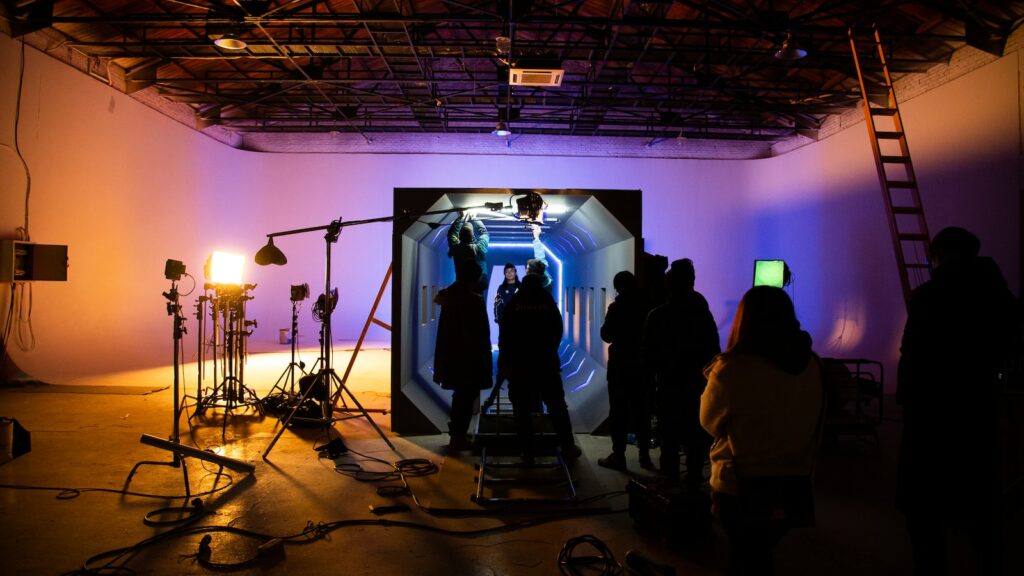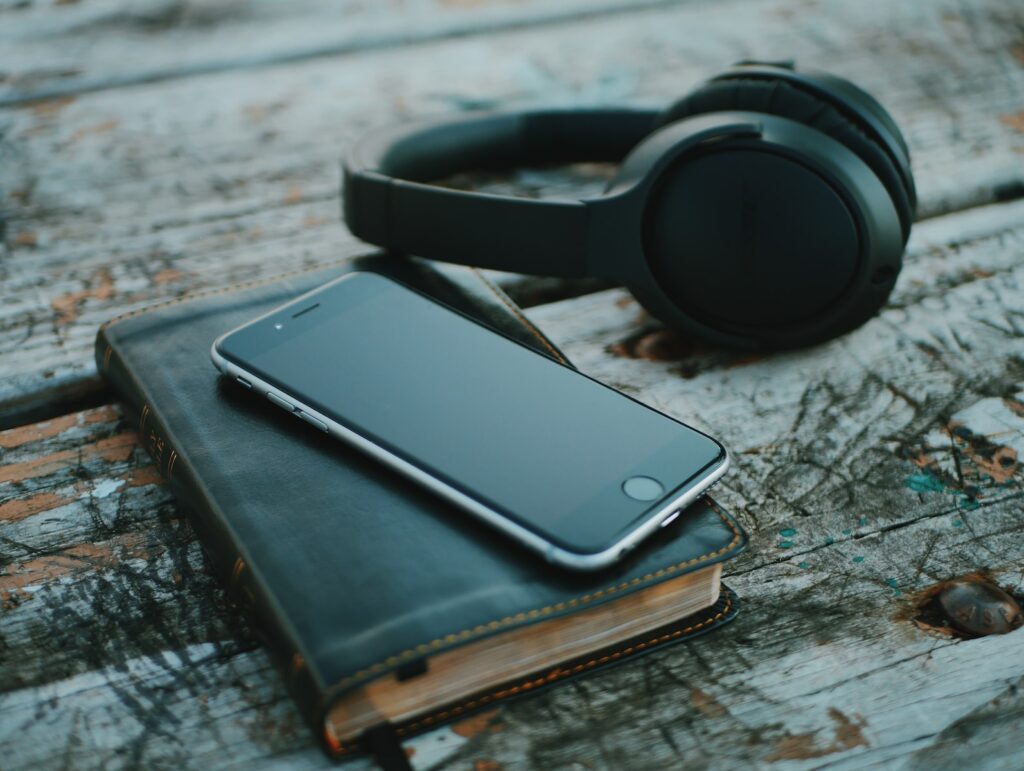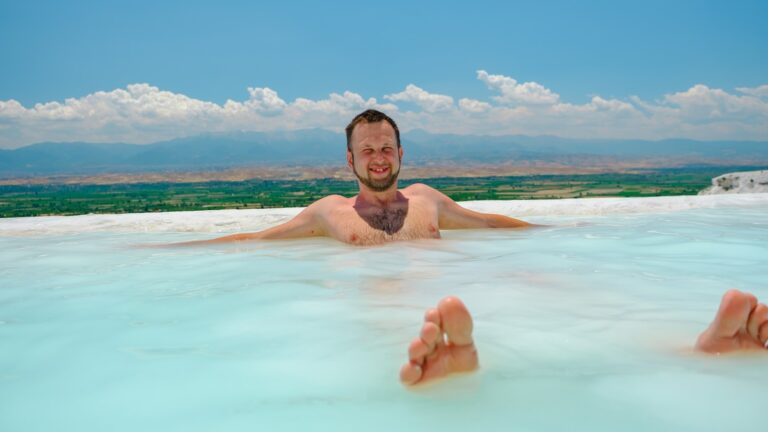Explore More
How to Create a Sustainable Podcast- a Path to Healing and Purpose
Is podcasting just listening? What if there is more? In his debut article Kevin P. Donaldson invites us to explore the Strategies for creating a financially and operationally sustainable podcast- a path to healing and purpose

Wild dreams of fame and success are too often the driving force behind the advent of a podcast. Like the start of any new career, many have an idealistic view and vision of what they are going to accomplish. Showing up early with that rookie-like drive and sense of purpose, blindly pushing forward without a clear understanding of the hardships and work involved in making a success. Podcasting is no different.
Strategies for creating a financially and operationally sustainable podcasting venture
According to Disctopia.com, most podcasters quit after the first 3 episodes and Reddit.com takes this metric one step further to say that many end after episode 20. Thesocialshepherd.com reports 4,250,179 registered podcasts in the world and that number is growing everyday with user-friendly publishing sites that pop up every day and AI driven content creation making the ability for everyone to produce a product that at first glance appears professional.
To build and work on a passion project where you enter into the business level headed and with full ability to be open minded will drive your show towards success. Moments will happen and align your mission back into focus even when you become sidetracked. There are some key elements that can be thought about when first starting out that have nothing to do with equipment. Buying the “Joe Rogan starter kit” will not make you successful but rather being a student of the game and watching trends as they are happening.
The Sustainable Podcast Concept – Be Evergreen
Every impactful show starts with a concept. Starting a podcast that only talks about a one-dimensional topic will run out of material very quickly. Be certain that you can expand and have an almost limitless amount of topics. When developing The Suffering Podcast, it was fortunate in development to realize that every single person on earth has gone through their own personal trials. At the time they are going through, they are the biggest issue on their plate at that moment. So quickly I knew that material would never be an issue.
Building Your Voice: Partner up or fly solo
Whether you choose to be an individual or start with a partner(s) plays an important role on how you want to deliver your idea to your audience. Sitting and talking alone to a camera with little or not feedback for 30-42 minutes (the average length of a podcast according to Riverside.fm) can be exhausting. So if you’re worried about stumbling over your words it may be a good idea to find a person you trust to begin your journey. Having a partner is great to fill in the gaps and assure that there is no “dead air”.
But flying solo can give you the freedom to work at your own pace beholden to no one. Scheduling available time with a partner can be difficult and tedious. Both must have equal passion for the show in order for it to work properly. The right partner can shoulder half of the work playing towards each other’s strengths. In December 2020, The Suffering Podcast was launched with a different partner than Mike Failace. After 3 episodes with no warning, he dropped out and there I was left all alone to continue. For a few shows, solo was my only way to continue my mission.
A Sustainable Podcast is not just Speaking- Learn to listen
Development of a show outline is essential to move the episode in the direction that it must flow to complete your thought process. Doing your research on a guest or topic to have a background or education on the topic of the day. That doesn’t mean that you can’t interject spur of the moment ideas in at the appropriate times. Some of the best moments in podcasting come from spontaneous discussion or direction of a topic. It took three episodes into The Suffering Podcast before I realized that the most essential thing to any discussion was listening. To play off the discussion brings an organic feel to the whole show.
Keep moving with or without Guests
Is your concept broad enough to bring in a guest or just commentate on the topic by yourself. Guests can bring a whole new wrinkle to difficult subjects and a real discussion can be had to hear another point of view. Beware, guest cancellation can quickly kill a show and demoralize your overall passion for podcasting. For the first 4 episodes of The Suffering Podcast there were no guests. I’m not 100% sure why but looking back I believe it was my attempt to gain experience in something I truly enjoyed.
Be authentic and dynamic
Just because you start in one place doesn’t mean you have to end there. Concepts can change overtime as you gain experience and get the feel for your voice. To be stuck within one concept and live or die by that does not allow you to adapt to your new environment. You just add tweaks to make your end product that much more effective.

Audio and Visual Podcast
Do you plan to be seen on a platform such as YouTube or are you strictly shooting for the audio version of a podcast? Audio podcasting allows much more freedom to create the end product more clean and polished while you are limited with video. Editing an audio podcast can be time consuming but if you have ever uploaded a large video to YouTube then this is in a whole other realm of time management. Second takes and erasing dead air can be done with ease on audio.
Video can be somewhat unforgiving but when done correctly, you can now give your audience the option of either audio or video. The Suffering Podcast grew strictly on audio for 76 episodes prior to making the leap to video in 2022. Audio was where I cut my teeth and the podcast still publishes on audio to this day, but through hard work and perseverance we grew to a point where going to video was inevitable.
Finding Your Target Audience
Finding your audience may take some time and tweaking of your message. If your target audience is male viewers or listeners that doesn’t mean that the other genders won’t find value in your show. The fun part of podcasting is to find a voice that is palatable to everyone. Think about your subject matter and be inclusive. Inclusivity will ultimately result in a larger listenership. Your target audience will always be there and the subject matter will draw them in, but growing your podcast and reaching out to those whom you may not see as your demographic will bring your show to the next level.
Recording Offline or Online
Having a place to record your show is highly dependent on how you fashion your guests. In today’s world many podcasters choose Zoom or another video chat platform as their preferred method of discussing topics with others. Zoom allows your access to guests from all over the globe rather than regional. Very few beginning podcasters have the funds to fly guests in from around the world.
There is nothing like having a living breathing individual sitting in front of you as a guest. You feel their energy and can read their body language. The interview is much more engaging and produces a better product however this may be impractical for some. The Suffering Podcast subject matter is difficult to do over a video call. We talk about difficult subjects and doing so over zoom prohibits the exchange of energy to know when you push too hard or not hard enough.

Consistency is the Key Ingredient to a Sustainable Podcast
Whatever battle plan you come up with, stick to it. Not to say you can’t take time off but have a plan. Once a week, twice a month is just fine and allows your audience to rely on your content coming out. Over time and through being consistent, your audience will come to expect your episodes and look for them. This model draws in the coveted subscribers so they will be notified when a new episode drops.

What is forgotten is the amount of work that goes into a professional podcast. As Albert Einstein once said, “I’m not the smartest man, I just stay with the problem longer”. Those who stick around and are willing to grind are the ones that ultimately make it into the next level of the game and create lasting moments that will be out there forever far beyond their own life span for the current and future audiences to enjoy. Most important is to have fun. Without enjoyment podcasting will feel like work and suck all the passion out of the project.
Three years in and I still have as much if not more passion for podcasting. This journey has taught me so much about myself that for the minimal cost of production compared to a college education, no better investment can be made.




